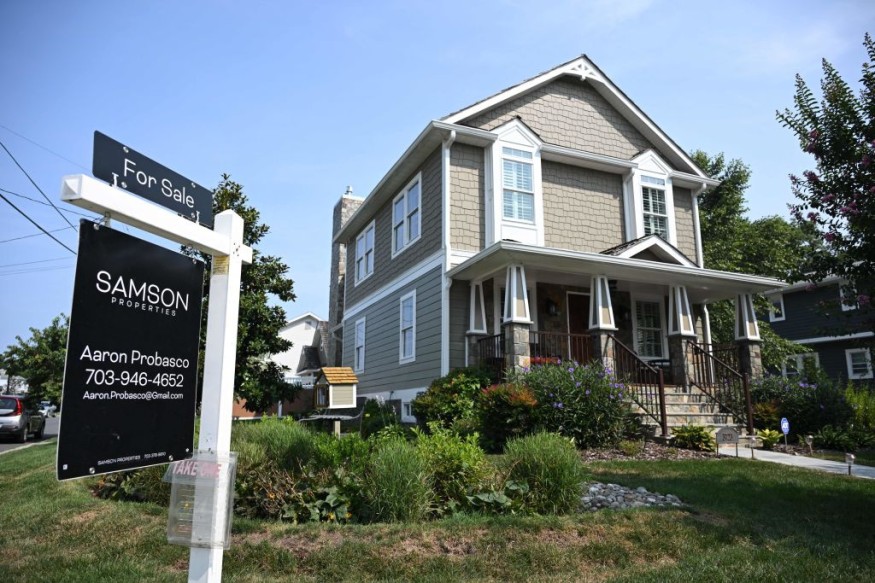
In today's housing market, rising interest rates are a reality that homebuyers and homeowners alike must navigate.
As of the week ending May 2, the rate for the 30-year mortgage is 7.22% while the rate for the 15-year mortgage is 6.47%, according to Freddie Mac. With mortgage rates looking to remain elevated for the forseeable future, there are certain things hopeful home buyers can do to get a more favorable rate.
To help you make the most of the current housing market, we'll explore four practical moves you can make to ensure you get the best mortgage loan.
Increase Your Credit Score
Your credit score plays a significant role in determining the interest rate you'll be offered for a mortgage. Lenders view borrowers with higher credit scores as less risky, which can lead to lower interest rates and better terms.
Take steps to improve your credit score by paying bills on time, reducing outstanding debt, and monitoring your credit report for errors. Even a slight increase in your credit score can result in substantial savings over the life of your mortgage.
Save up for a Larger Downpayment
A larger downpayment can not only help you secure a lower interest rate but also reduce your overall mortgage amount. Lenders typically offer their best rates to borrowers who can put down 20% or more of the home's purchase price. While saving a substantial downpayment can be challenging, it's a worthwhile investment that can save you thousands of dollars in interest over the long run.
Shop Around for the Best Mortgage Rates
In a rising interest rate environment, it's crucial to shop around and compare rates from multiple lenders. Mortgage rates can vary significantly between lenders, and even a small difference in the interest rate can add up to substantial savings over the life of the loan. Don't just focus on the advertised rates; make sure to inquire about fees, closing costs, and any other associated expenses to get a complete picture of the total cost.
Buy Mortgage Discount Points
Mortgage discount points are an upfront fee paid to the lender in exchange for a lower interest rate. Each point typically costs 1% of the loan amount and can lower your interest rate by a certain percentage. While buying points may seem like an additional expense, it can be a wise investment if you plan to stay in your home for an extended period. Over the life of the loan, the savings from a lower interest rate can outweigh the upfront cost of the discount points.



